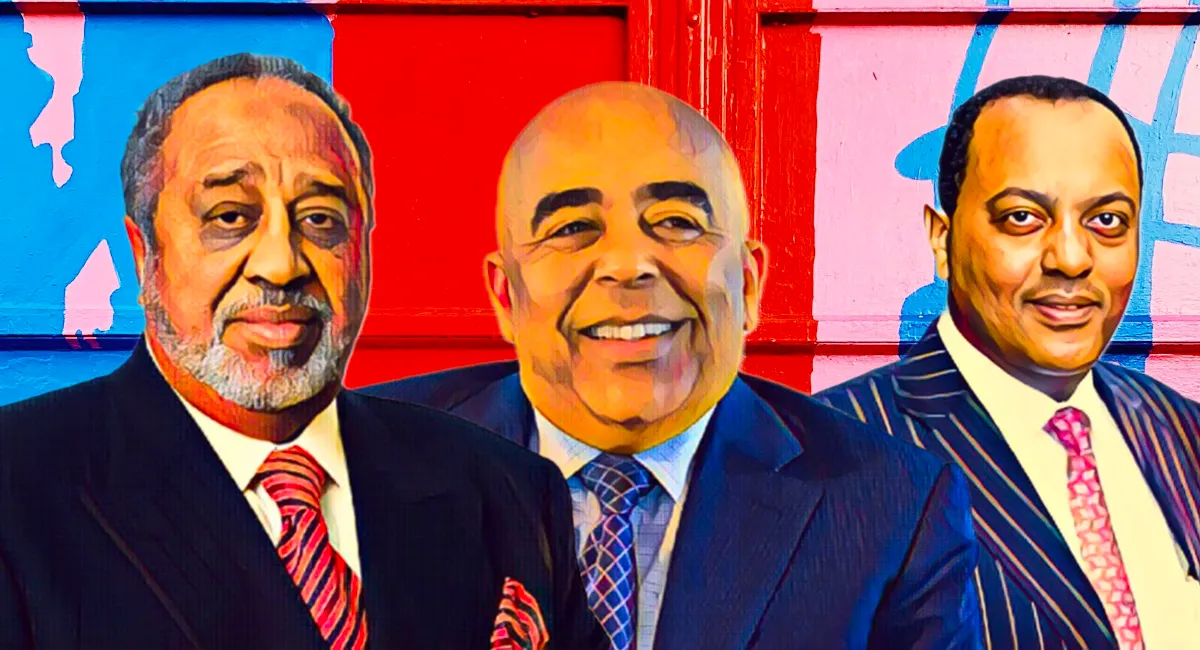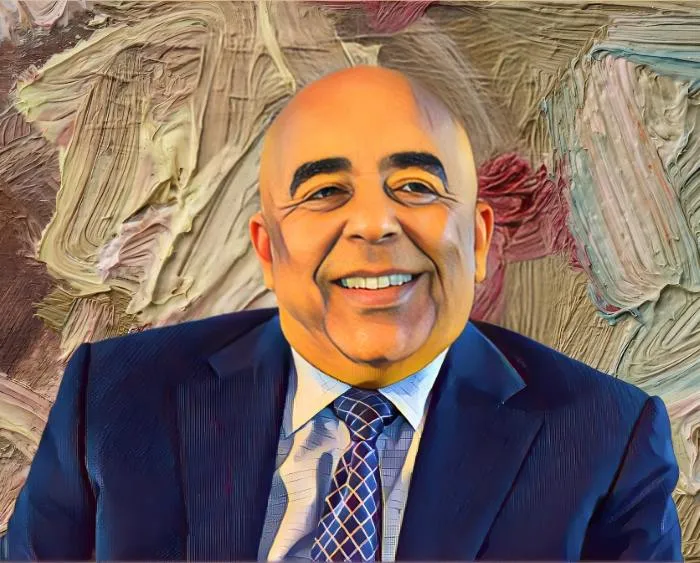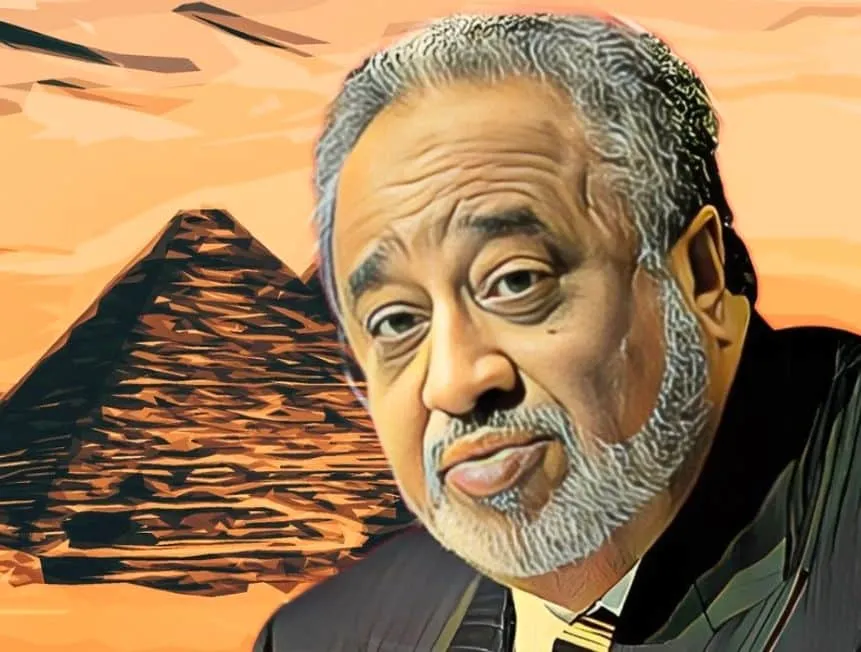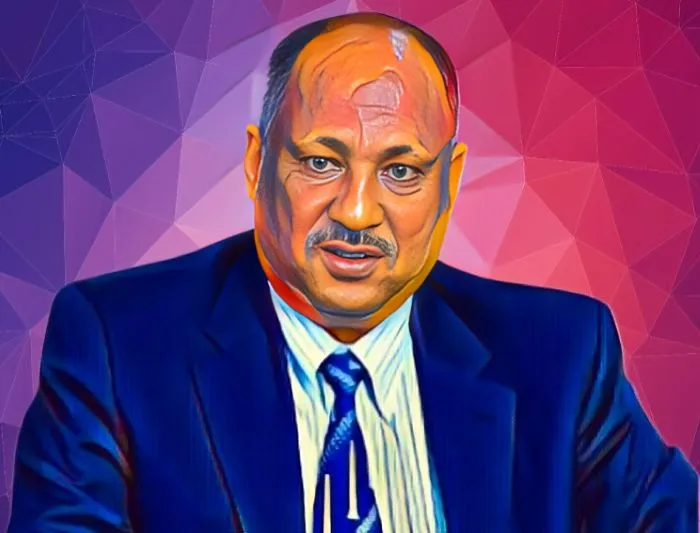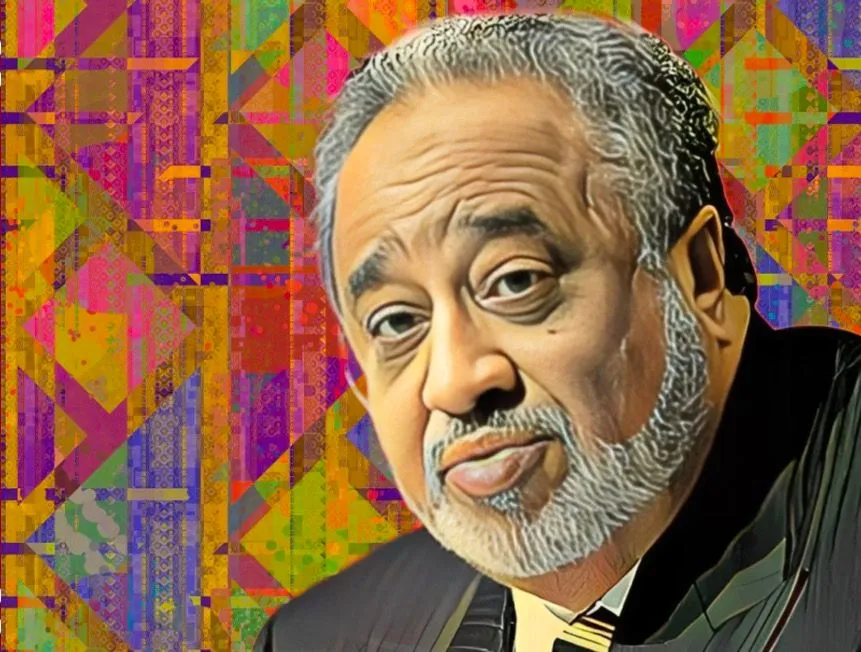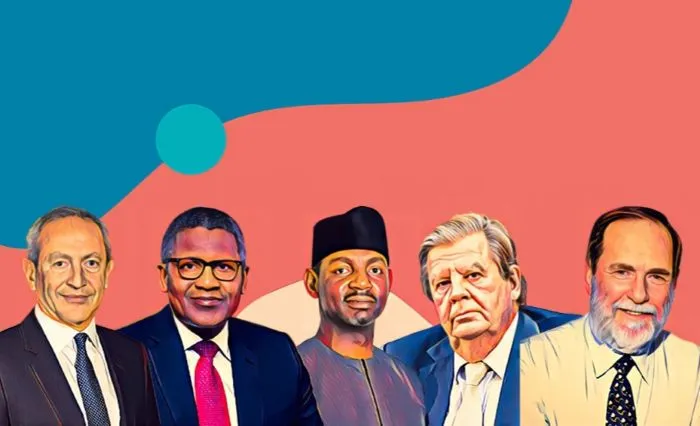Table of Contents
Key Points
- Ethiopia’s economy is evolving, with private-sector leaders driving growth in banking, real estate, energy, and manufacturing.
- Mohammed Al-Amoudi remains Ethiopia’s sole billionaire, but a network of multimillionaires is shaping the country’s financial future.
- Ethiopian business leaders are fueling industrial growth, financial inclusion, and infrastructure expansion, positioning the nation for an economic transformation.
Ethiopia, a nation with deep historical roots and a fast-evolving economy, has emerged as one of Africa’s most promising markets. Over the past decade, infrastructure expansion, policy reforms, and strategic investments have reshaped the country’s economic landscape, unlocking new opportunities in banking, real estate, energy, and manufacturing.
Unlike economic powerhouses like Egypt, Nigeria, or South Africa, which count multiple billionaires among their ranks, Ethiopia has just one—Mohammed Al-Amoudi. But beyond him lies a circle of influential multimillionaires who command vast business empires, creating jobs, driving industry, and shaping the country’s financial future.
These business leaders are not just accumulating wealth; they are pivotal players in Ethiopia’s transformation. From industrial parks fueling the manufacturing boom to banks fostering financial inclusion, their ventures are leaving a lasting imprint on the economy. Their success is a testament to Ethiopia’s gradual shift toward private-sector-led growth, a departure from decades of state-dominated economic policies.
With the government easing restrictions on key industries and foreign investments gaining momentum, Ethiopia is on the cusp of an economic renaissance. At the heart of this progress are the country’s wealthiest businessmen—visionaries whose influence extends far beyond their balance sheets.
Billionaire.Africa profiles Ethiopia’s 10 richest businessmen, exploring their industries, investments, and the roles they play in shaping the nation’s economic future.
- Mohammed Al-Amoudi
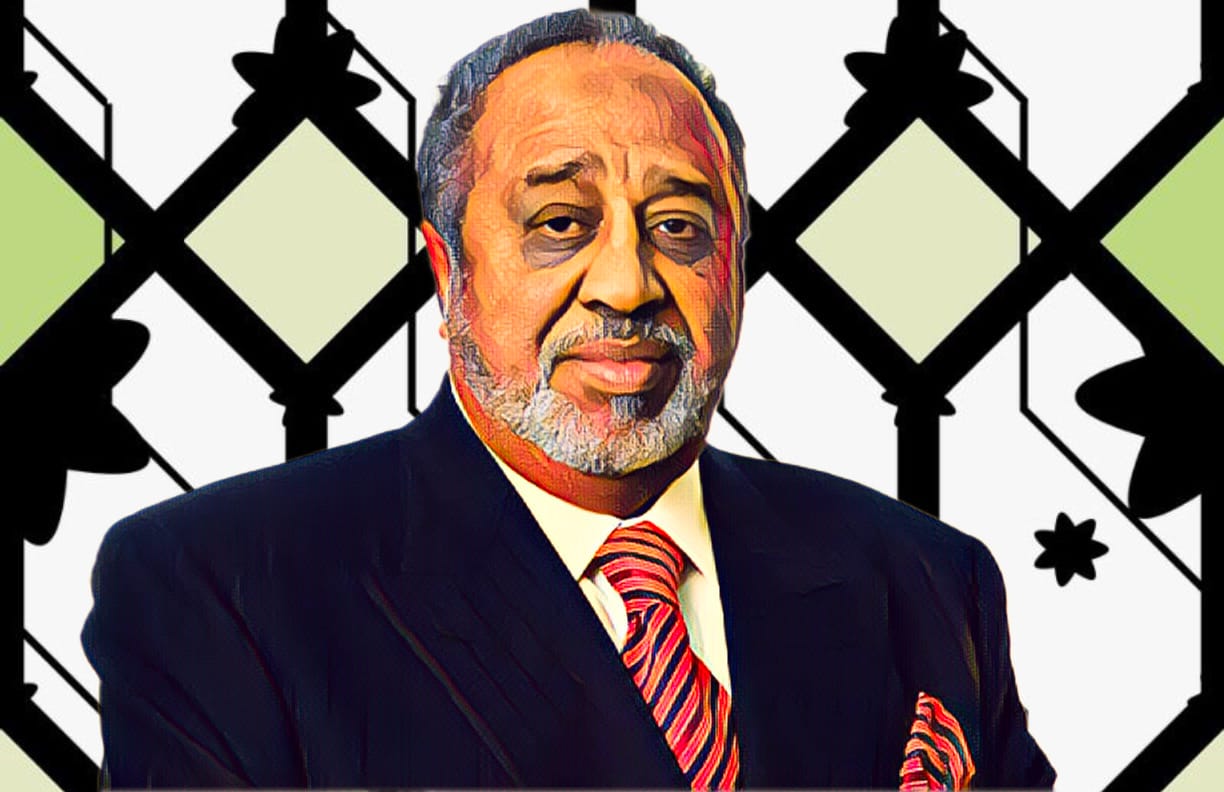
Sectors: Energy, Construction, and Mining
Mohammed Al-Amoudi is Ethiopia's wealthiest entrepreneur and one of Africa’s richest individuals. His fortune is estimated at $8.1 billion by Forbes and $9.56 billion by Bloomberg. His business empire spans energy, real estate, and agriculture, with major holdings in Sweden, Saudi Arabia, and Ethiopia. In Sweden, he owns Preem, the country’s largest oil refiner, along with Svenska Petroleum, an oil exploration firm, and Midroc Europe, a major player in construction and real estate. Midroc is structured around three divisions: services, property, and consulting. In Saudi Arabia, Al-Amoudi controls Naft Services Co., a petroleum distribution company with over 235 gas stations. His stake in the firm is valued at $326 million. Back in Ethiopia, he dominates the gold sector through Midroc Gold, the nation’s largest mining company, and the unexploited Okote Gold Mine. While Midroc Gold is assessed using industry-standard valuation methods, the Okote project is evaluated through a discounted cash-flow approach. His influence in multiple sectors has cemented his status as a key economic driver in Ethiopia and beyond.
- Samuel Tafesse
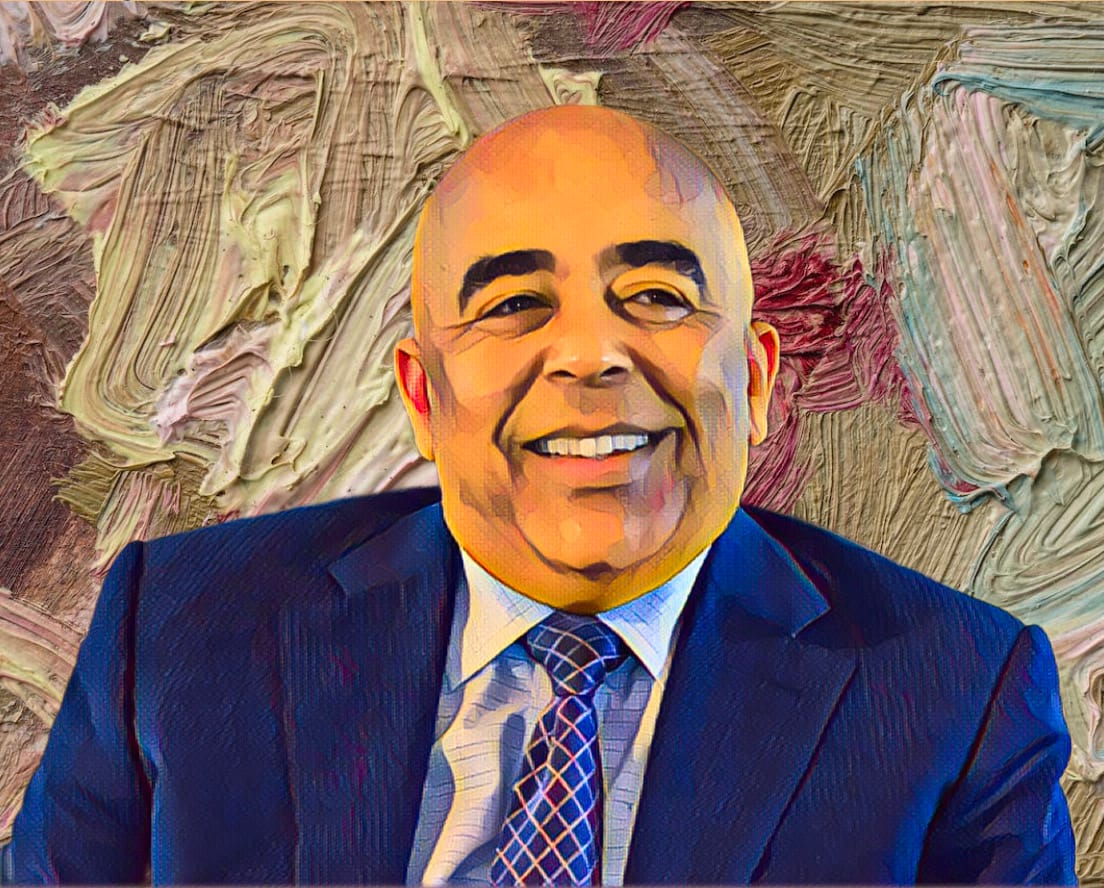
Sectors: Real Estate, Construction, and Infrastructure
Samuel Tafesse has reshaped Ethiopia’s urban landscape through his company, Sunshine Investment Group. Since launching the firm in 1983, he has built over 5,000 residential and commercial properties, including Africa’s first Marriott Executive Apartments in Addis Ababa. His company is also a key government contractor, responsible for constructing and maintaining thousands of miles of roads. With annual revenues exceeding $100 million, Sunshine Investment Group is one of Ethiopia’s largest homegrown enterprises. Tafesse continues to expand his business into infrastructure and hospitality while remaining deeply committed to philanthropy, funding education and healthcare initiatives for underprivileged communities across the country.
- Belayneh Kindie
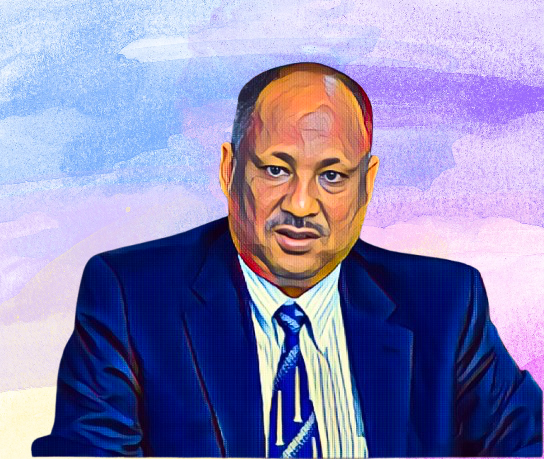
Sectors: Agriculture, Manufacturing, Hospitality, Transportation, and Construction
Belayneh Kindie started small, trading butter and honey with less than $1,000 in capital. Today, he leads the Belayneh Kindie Group (BKG), a business empire that spans multiple industries. Founded in 2005, BKG has grown into one of Ethiopia’s top agricultural exporters, particularly in sesame seeds, generating over $600 million in revenue over the past 17 years. Beyond agriculture, BKG has expanded into transportation, construction, hospitality, and manufacturing. It operates multiple subsidiaries, including BK Import and Export, BK Commercial Farms, and BK Hotels and Tourism. One of its standout projects is the Phibela Industrial Complex, which refines 1.4 million liters of edible oil daily. His ventures provide jobs for more than 3,000 people, making a significant impact on Ethiopia’s economy.
- Tewodros Ashenafi

Sector: Energy, Consumer Goods, and Real Estate
Tewodros Ashenafi has built a diverse business empire spanning energy, consumer goods, and real estate. He is the founder and chairman of SouthWest Energy, Ethiopia’s first indigenous oil and gas exploration company, with significant operations in the Jijiga Basin. He also leads SouthWest Development and Africa Energy Services, key players in Ethiopia’s oil and gas industry. Outside of energy, Ashenafi co-owns Ambo Mineral Water, Ethiopia’s most popular carbonated water brand, now part of Coca-Cola Beverages Africa. In 2016, he played a central role in Ethiopia’s largest privatization deal, securing a $1.4 billion sale of a 40% stake in National Tobacco Enterprise to Japan Tobacco International. He also serves on the boards of the EastWest Institute and the Atlantic Council, influencing global business and policy discussions.
- Eyob "Joe" Mamo
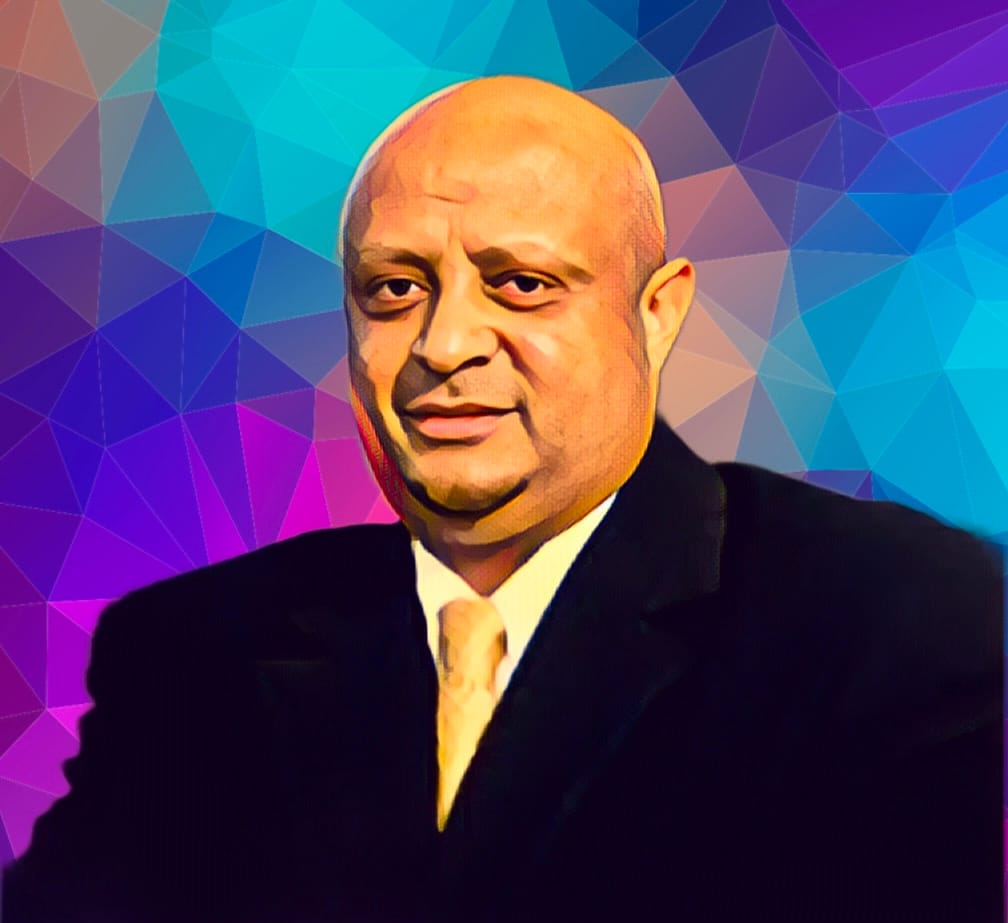
Sectors: Petroleum, Real Estate, Sports Investments
Eyob "Joe" Mamo has built a powerhouse business in petroleum and real estate. As CEO of Capitol Petroleum Group, he controls a large share of gas stations in Washington, D.C., and New York City, with the company once valued at $800 million. His investments go beyond fuel distribution. Mamo is behind "The View at Tysons," a landmark real estate development in Virginia. In 2024, he expanded into sports, becoming a co-owner of MLS club D.C. United, strengthening Ethiopia’s ties to global football. His influence stretches across energy, infrastructure, and sports, making him a key figure in Ethiopia’s international business scene.
- Ketema Kebede
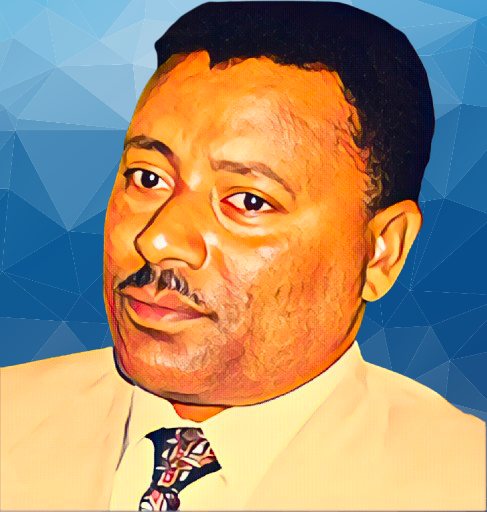
Sectors: Textiles, Real Estate, and Manufacturing
Ketema Kebede is a renowned Ethiopian entrepreneur and founder of KK PLC, one of Ethiopia’s largest business groups, specializing in textiles, real estate, and logistics. His textile empire supplies both local and international markets, with high-end garment and acrylic yarn production. Beyond manufacturing, he has significant investments in commercial real estate and hotel developments. With a diversified portfolio and a strong presence in Ethiopia’s industrial landscape, Kebede plays a key role in job creation and economic growth.
- Alemayehu Ketema
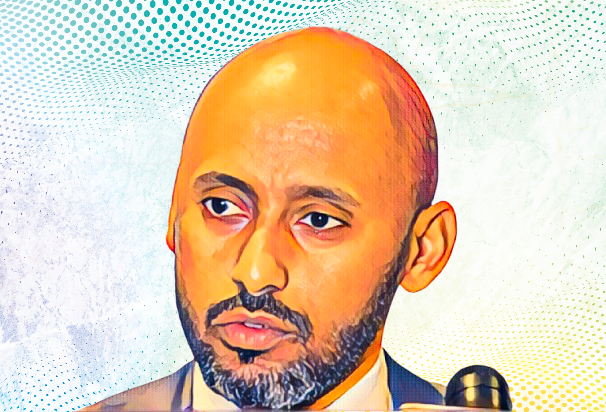
Sectors: Construction, Real Estate, Manufacturing, and Hospitality
Alemayehu Ketema has been a driving force in Ethiopia’s construction industry. His company, Alemayehu Ketema General Contractor (AKGC), founded in 1989, has been behind some of the country’s most important infrastructure projects, including major roads and bridges. Projects like the Warie-Ridge-Adwa Road and the Shashemene-Dodola Asphalt Concrete Project have significantly improved Ethiopia’s transportation network. Beyond construction, Ketema has diversified into real estate, manufacturing, and hospitality, amassing a fortune of $500 million. His contributions to Ethiopia’s development make him one of the most influential figures in the country’s business landscape.
- Buzuayehu Bizenu
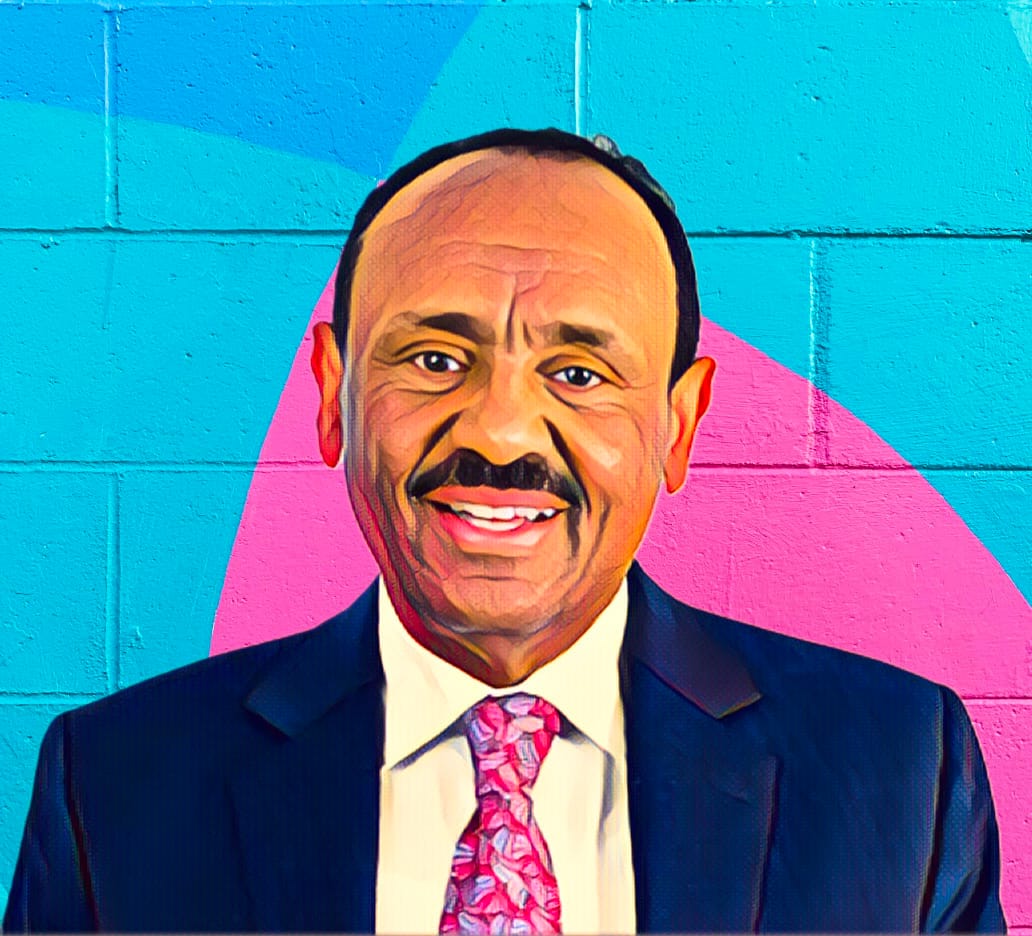
Sectors: Manufacturing, Agriculture, Real Estate, Mining
Buzuayehu Bizenu is a renowned Ethiopian entrepreneur and the founder of East African Holding (EAH), one of the country’s largest industrial conglomerates. Under his leadership, EAH has expanded into various sectors, including FMCG production, agro-processing, printing and packaging, transportation, real estate, cement manufacturing, and coal mining. His business empire includes subsidiaries such as National Cement S.C., East African Tiger Brands Plc, and East African Agri-Business Plc. He also established Ethiopia’s first private industrial park, driving industrial growth in the country. Through the Buzuayehu Tadele Foundation, he supports corporate social responsibility and sustainable development initiatives.
- Haile Gebrselassie
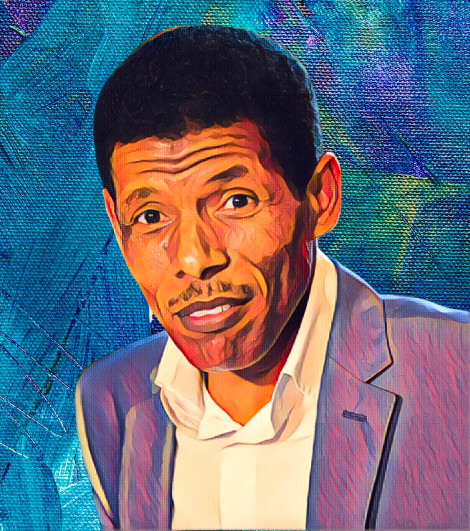
Sectors: Hospitality, Automotive, Agriculture, and Real Estate
Haile Gebrselassie, Ethiopia’s legendary long-distance runner, has successfully transitioned into business. He is the founder of Haile Resorts, a fast-growing luxury hotel chain in Ethiopia. Through Marathon Motors Engineering, a joint venture with Hyundai, he oversees vehicle assembly and distribution, including electric cars. His investments also include a 1,500-hectare coffee plantation, real estate developments, fitness centers, and cinemas. Beyond business, he remains a passionate philanthropist, supporting education and athletics, most notably through the Great Ethiopian Run, Africa’s largest road race.
- Girma Wake
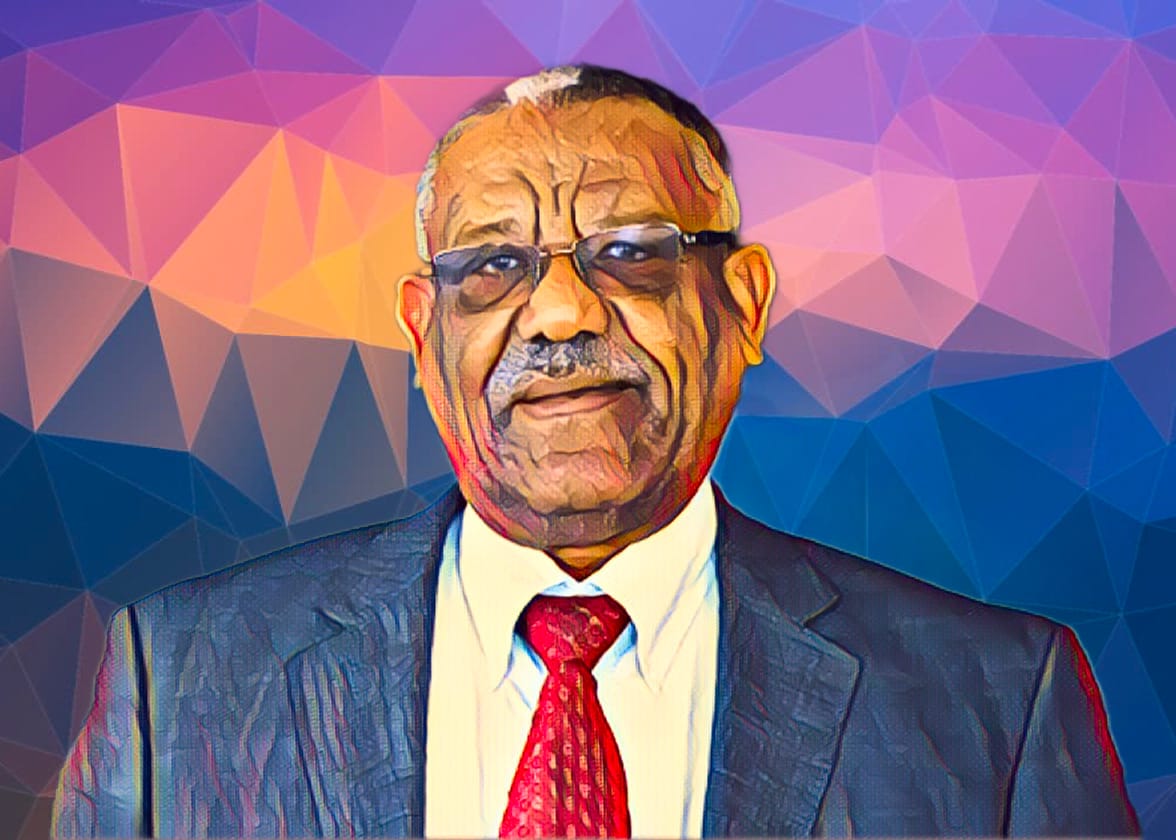
Sectors: Aviation, Logistics, and Investments
Girma Wake is a celebrated aviation executive credited with transforming Ethiopian Airlines into one of Africa’s leading carriers. As CEO from 2004 to 2011, he led the airline’s expansion, increasing fleet size, revenue, and global reach. He later served as Chairman of RwandAir and returned to Ethiopian Airlines in 2022 as Board Chairman before stepping down in 2023. Beyond aviation, he has advised on logistics and investment projects across Africa. His influence continues to shape Ethiopia’s aviation industry and economic landscape.


